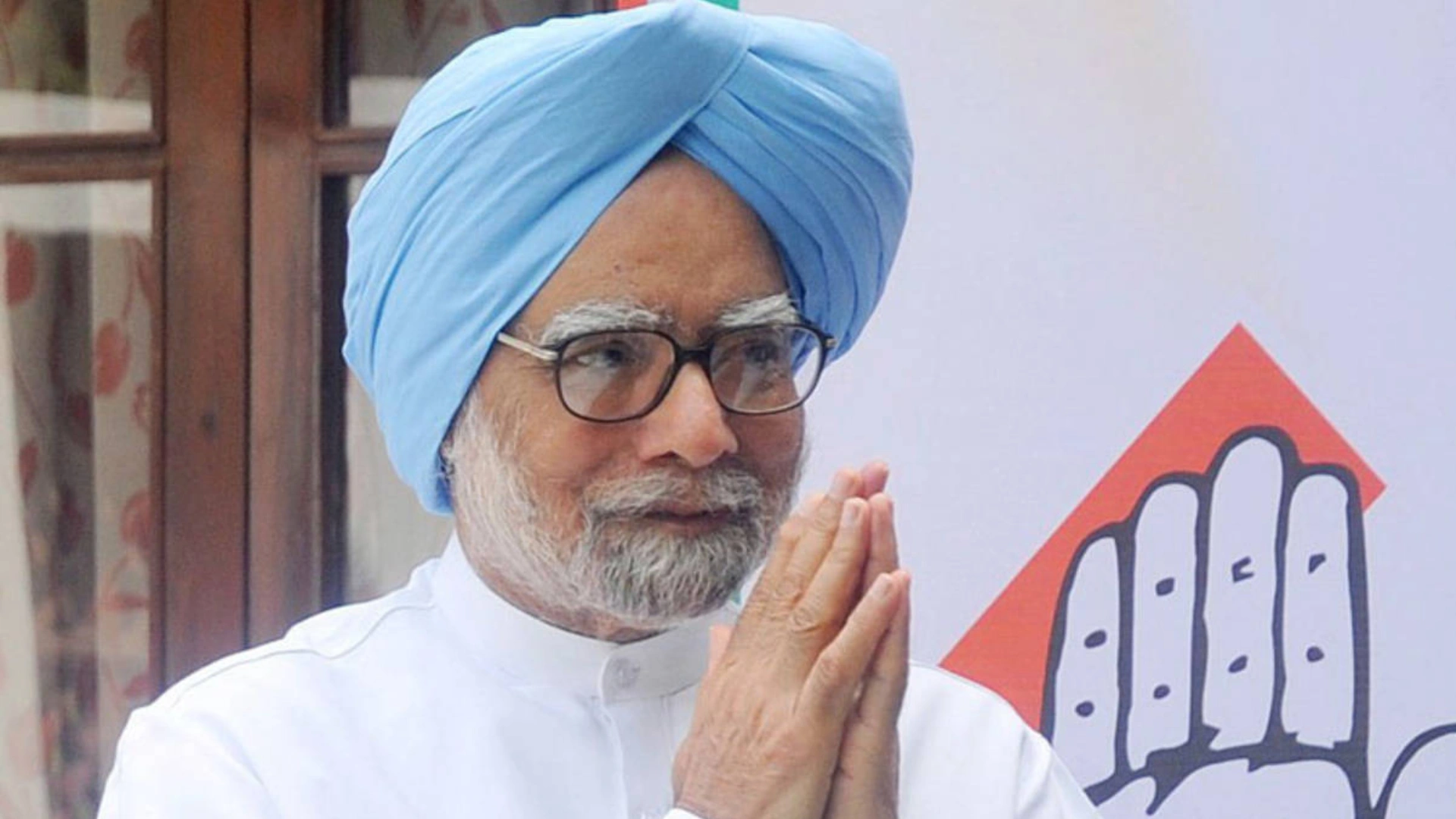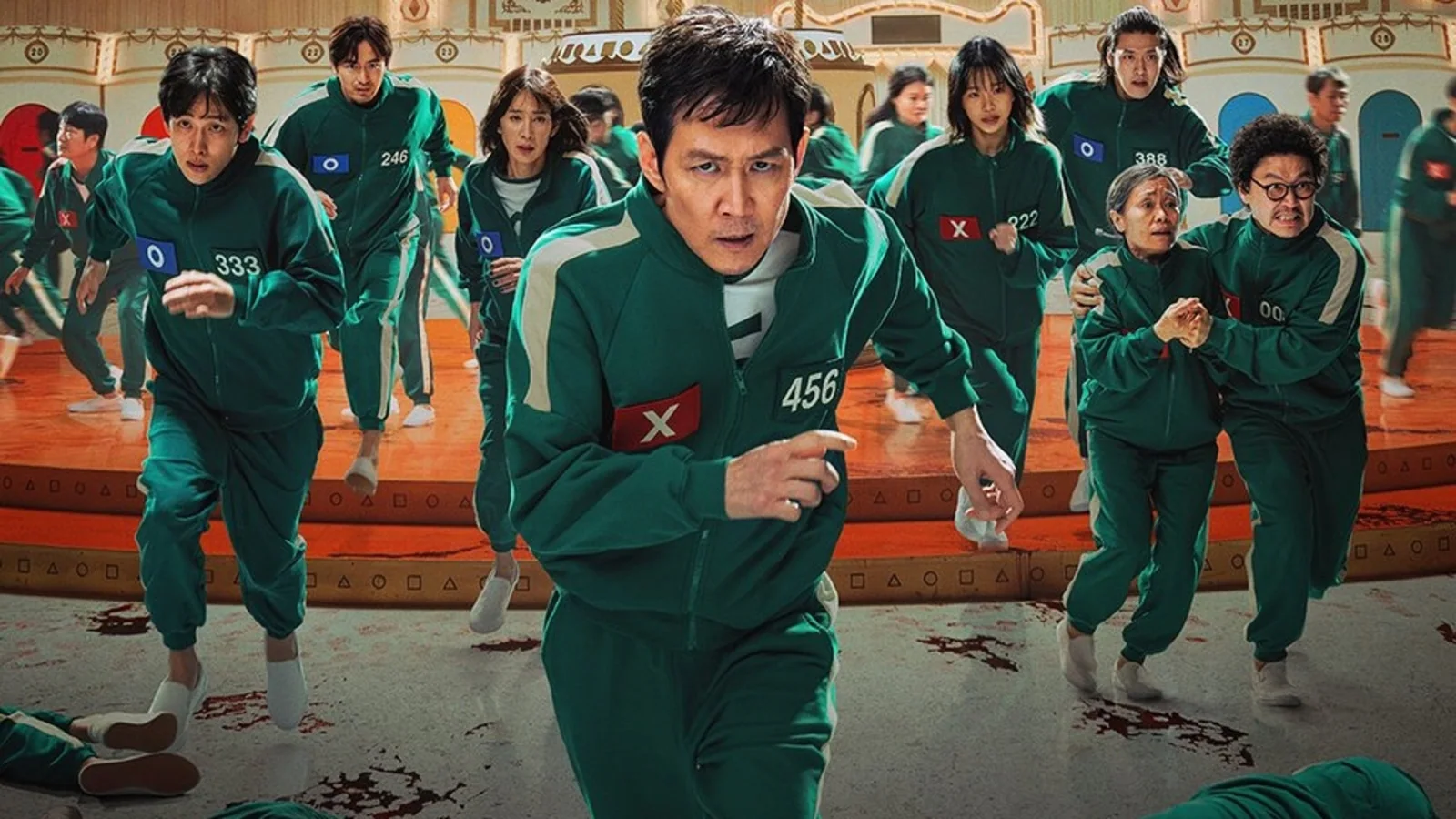The daughter of former Indian Prime Minister Manmohan Singh in 2014 expressed strong disapproval of a controversial memoir by his former media advisor, Sanjaya Baru, calling it a “huge betrayal of trust.”
The book, The Accidental Prime Minister: The Making and Unmaking of Manmohan Singh, released recently, alleges that Singh’s authority was frequently undermined by his own Congress party, leading to inefficiencies in governance.
Baru claims that during Singh’s second term as Prime Minister, his influence was eroded, describing him as “defanged bit by bit.” He also points to the power-sharing dynamic between Congress President Sonia Gandhi and Singh as a significant limitation on the Prime Minister’s authority.
Critics have long argued that Sonia Gandhi was the true power center during Singh’s tenure, with the Prime Minister serving in a subordinate role.
Response from Manmohan Singh’s Daughter
Upinder Singh, Manmohan Singh’s daughter and a history professor at Delhi University, criticized the memoir, describing it as a “mischievous and unethical” act. Speaking to a leading daily at the time, she called the book “a stab in the back” and condemned the author for exaggerating his level of access to the Prime Minister.
She also questioned the timing of the book’s release during the ongoing general elections, where the Congress party faced significant challenges. “Authors have control over the timing of their releases. The timing of this book appears politically motivated,” she said.
Singh further accused Baru of misrepresenting conversations and turning reported speech into direct quotes, calling this practice unethical.
PMO’s Official Statement On Memoir
The Prime Minister’s Office (PMO) also criticized the book, stating it was an attempt to misuse privileged access to high office for personal and commercial gain.
Baru, who served as Singh’s media advisor from 2004 to 2008, defended his memoir, asserting that the public deserves transparency regarding decision-making at the highest levels of government.
Manmohan Singh, who served as India’s Prime Minister for nearly a decade, is often credited as the architect of India’s economic liberalization. However, his later years in office were marred by allegations of corruption and growing dissatisfaction with his government.

















